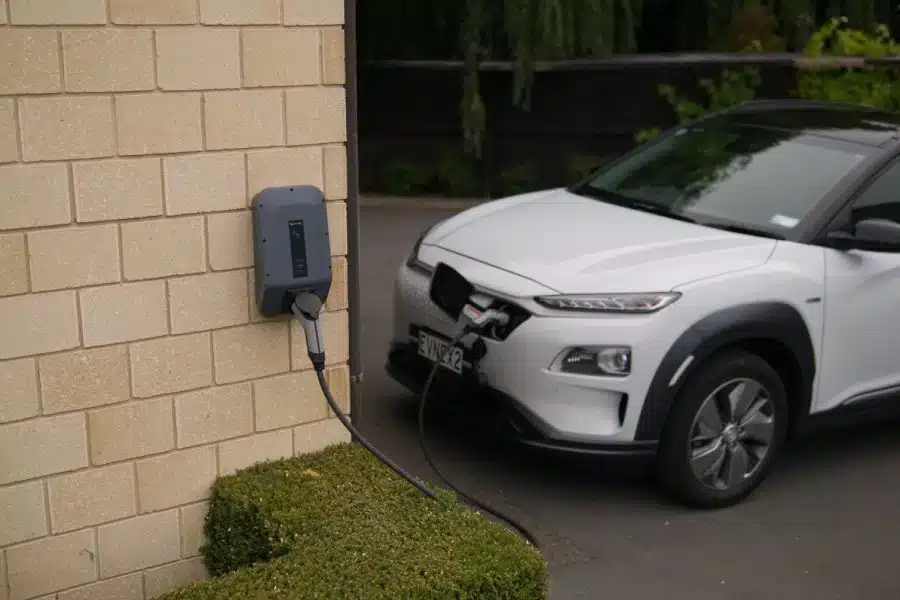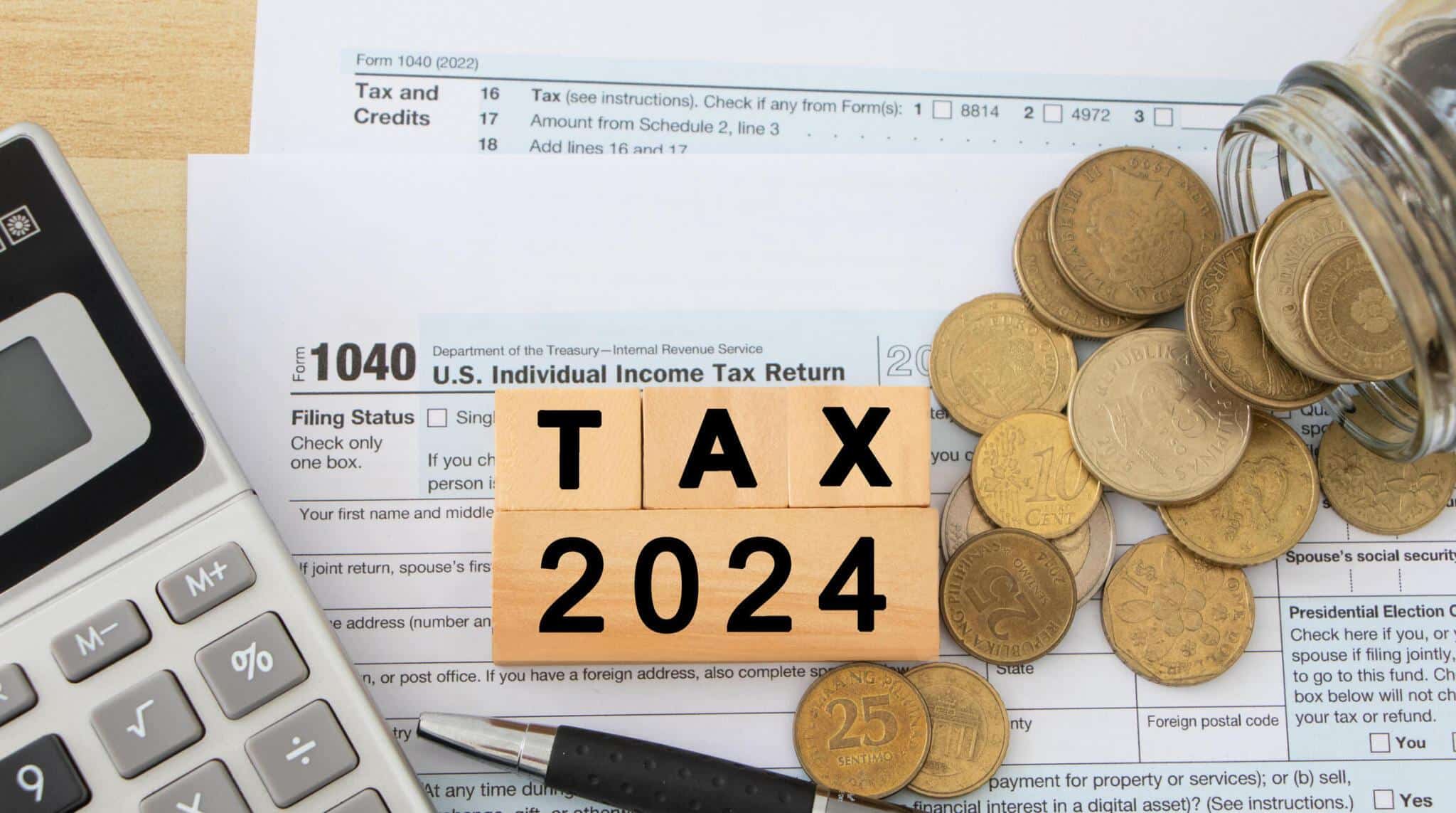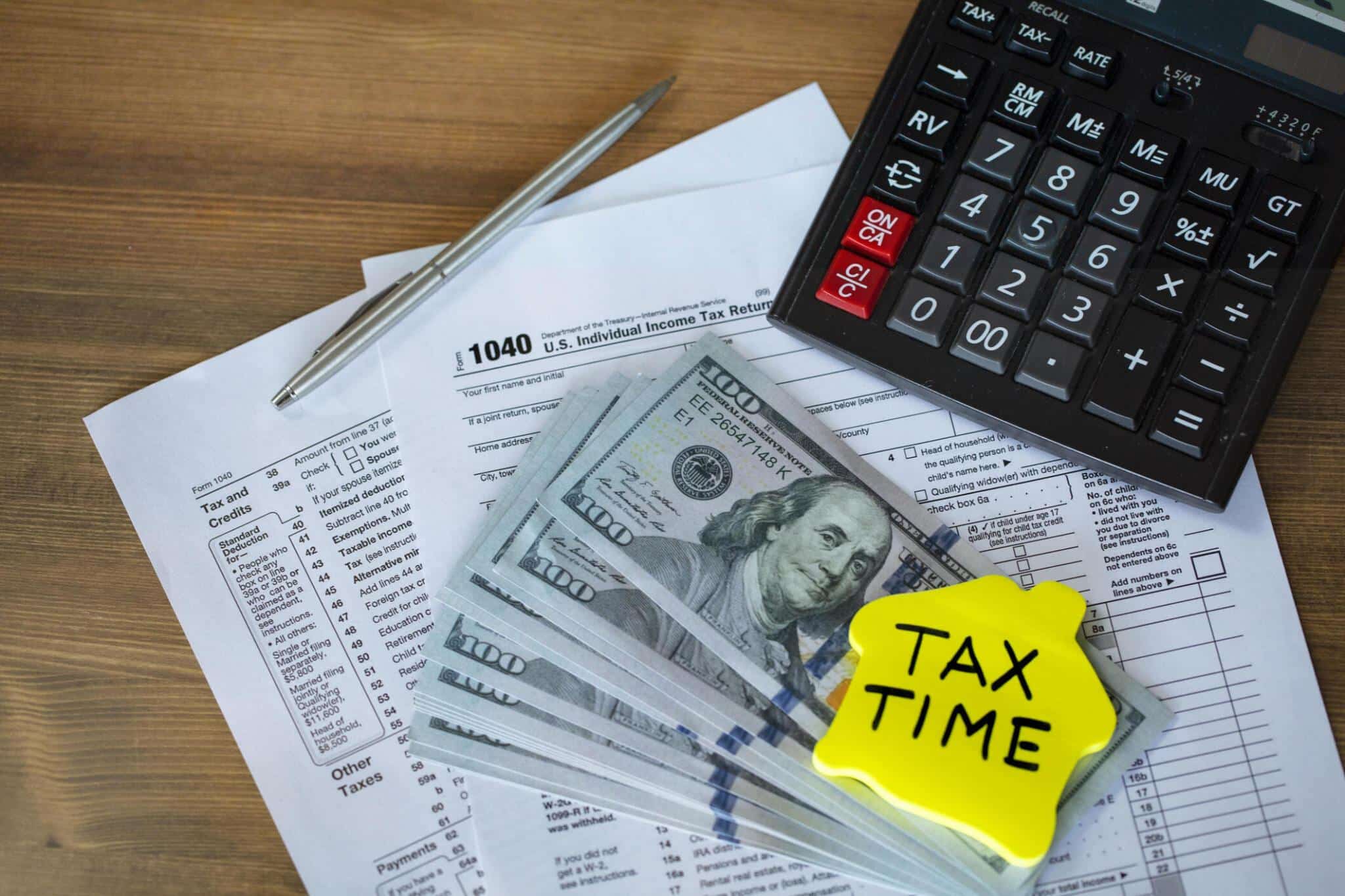Electric vehicles (EVs) are one of the fastest growing car demographics in Australia, so is it time for your business to invest in this low-emission option?
Like with everything, it’s a numbers game, but there are incentives for your business fleet to make the switch.
Here’s why you may decide to transition:
Environmental benefits of electric vehicles
The first benefit of investing in EVs is the environmental impact, or lack thereof. Electric vehicles produce far fewer tailpipe emissions than conventional vehicles. This makes EVs much more environmentally friendly and will reduce your business’s environmental footprint.
Cost benefits of electric vehicles
It is cheaper to run cars on electricity than petrol, especially when the cost of fuel has been rising so dramatically. According to carsguide.com.au, powering an EV is around 70 per cent cheaper compared to a car with an internal-combustion engine powered by petrol or diesel, saving EV drivers, on average, $1600 in fuel costs each year.
If you have staff who are constantly on the road, the savings can be even more significant.
However, the trade off is the purchasing cost, which is much higher than the average car. At the moment, even the cheapest EV still costs in excess of $40,000 to buy new.
Government Incentives
If you do decide to invest in electricity-powered cars or vans, you can take advantage of fringe benefits tax perks.
The recent announcement stated that any zero or low-emission cars made available to employees would not be subject to fringe benefits tax, as long as their purchase price is below the luxury car threshold.
You may also be eligible for a cash-back scheme depending on where in Australia you’re located.
Critics of this scheme say it does not help reduce the purchasing price of an EV, but there are other advantages to going green with your fleet.
For example:
- PR opportunities: Being a green company can be something to talk about. Millennials and members of Generation Z consider their purchases seriously and make a lot of buying decisions based on the social and environmental responsibility of a company. Advertising that you chose a fleet of low or no-emission vehicles may help you build your reputation.
- Lower maintenance costs: With far fewer moving parts than conventional vehicles, EVs tend to be much cheaper to maintain. First of all, they are more reliable and need fixing less regularly. When they do need work, it tends to cost less than conventional vehicles.
- Fuel costs: Do your sums with your accountant to work out how quickly your fleet will provide return on investment by saving you money in traditional fuel and you may be able to justify the higher purchase price. – A better drive: EVs also tend to be quiet and smooth to drive. Your staff may prefer driving them and if you can offer them it might be a good incentive as you grow your team.
Salary sacrificing
Your staff may wish to purchase their own electric vehicles (or you might want to buy one for business purposes). If the purchase happens through a salary sacrifice/novated lease arrangement, this is also FBT exempt.
On average, a salary sacrificed EV, when compared with the cost of using a novated lease to purchase a petrol-powered car can save you or your employee around $6,000 per year in after-tax dollars. Then there are the fuel cost savings to add to that as well.
It’s definitely worth a discussion with your tax accountant so you can understand the benefits of choosing an EV over a standard vehicle.
Are EVs the right choice for your company?
Going electric depends on your situation around cost and reputation. The other thing to consider is distance; if your staff will be driving to locations without good charging infrastructure, they risk running out of battery and needing an expensive tow. While there are plans to invest in electric vehicle infrastructure around the country, you may be better off keeping your fleet local to a capital city for the short term.
Your accountant will be able to help you decide if going electric is the right choice for your company. They can figure out what rebates you will be eligible for, how fringe benefits tax will apply and what the return on investment will be for your business.
Thinking about going electric? Work with an accountant from Mobbs & Co to figure out fringe benefits and ongoing costs.










